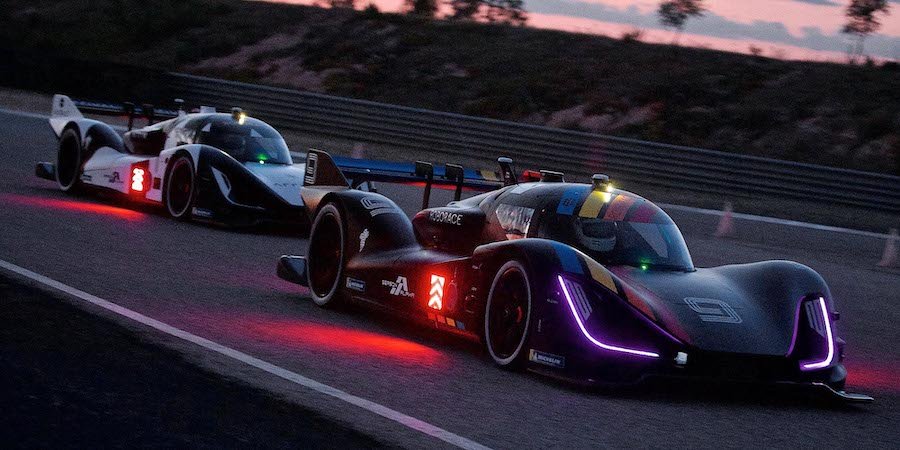'Win on Sunday, sell on Monday' has underpinned many a motorsport programme over the years, be it a mega-bucks manufacturer-backed Formula 1, Le Mans or world rally team or a more realistic dealer-supported national race or rally squad.
If it seems naive today to think that those six words could convince a mega-bucks industry to write cheques in support of sporting excellence, flick through pictures from the 1960s and you'll soon get a sense that it was both persuasive and pervasive. Of course, as the world has evolved so too has the significance of the phrase. Today, motorsport budgets are typically controlled by marketers – an extension of their advertising budgets, if you like, and talked about in terms of the benefits of relationship building, positive sentiment analysis and brand awareness.
They will produce reams of analysis in support of all those things. I know, because I once read a document justifying why Infiniti was spending $30 million a year putting a sticker on cars it didn't power. Cynical I may have been, but there was an evident logic to it compared with spending $200m as an actual manufacturer.
While Ferrari without F1 is unthinkable, you don't have to go far down the chain to realise that motorsport soon becomes expendable. Right now, even the dominant F1 force of the decade, Mercedes, is having to justify its involvement as being cost neutral, thanks to TV, sponsor and engine supply income, not because it sells cars. I've no doubt that F1 provides significant exposure for the brand, and sways many a potential Audi or BMW buyer its way, but it would take a huge amount of swagger to claim that alone justifies its involvement.
There is also a deeper issue here. Burning fossil fuels is an anachronism, developing high-performance hybrids costly and launching all-electric championships too costly, complex and compromising to many of the elements of the sport that make it appeal in the first place. Formula E's fans may disagree, but they total tens, maybe hundreds, of thousands rather than millions – certainly not enough to justify the cost long term.
Maybe there is one way out. What if the big brains and big budgets of the top-level championships stopped pandering to the latest powertrain trends and instead focused on prolonging the current ones? Today, synthetic fuel – essentially a damage-free version of petrol or diesel – is an expensive reality, but with the right focus, it could be a cost-effective secret to not only keeping today's engines running but also tomorrow's, all cleanly, economically and without the need for a wholesale infrastructure change. Then motorsport really would have a platform from which to shout again.



